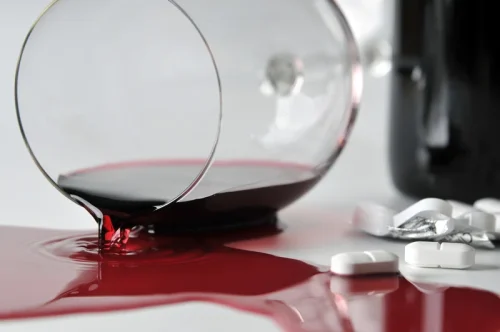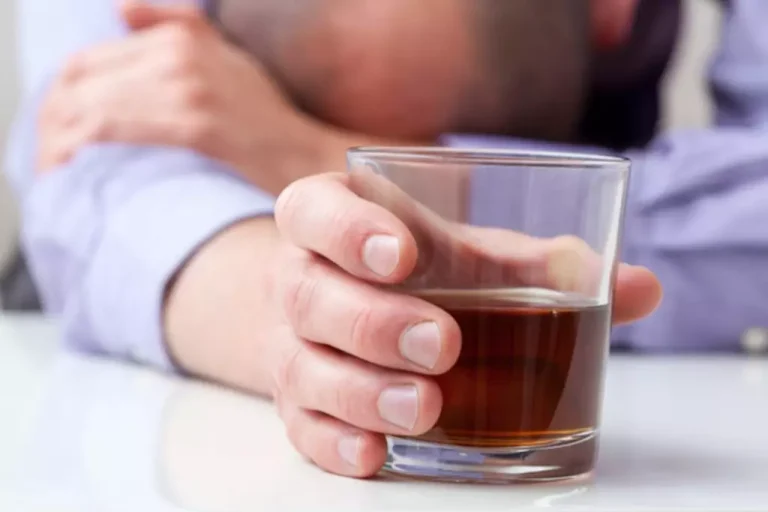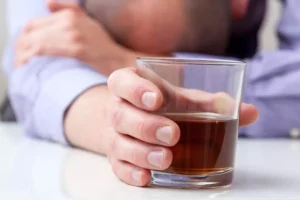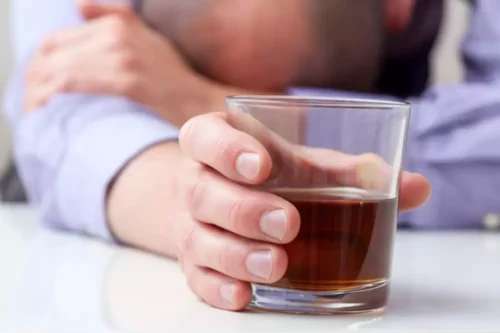
And by working with their friends’ parents, you can share the responsibility of monitoring their behavior. Similarly, if your teen is spending too much time alone, that may be a red flag that they’re having trouble fitting in. It’s important to remain calm when confronting your teen, and only do so when everyone is sober. Explain your concerns and make it clear that your fears come from a place of love.
- The widespread changes in the organization and functioning of the brain—which continue into a person’s mid-20s—bring about the cognitive, emotional, and social skills necessary for adolescents to survive and thrive.
- For males, it is defined as having five or more drinks on the same occasion at least one day in the past month.
- To date, a handful of large-scale multisite studies are being conducted to gain insight into the consequences of adolescents transitioning into and out of substance use.
- Survival chances for adolescents and young adults vary greatly across the world.
- A teenager can consume much more alcohol before the onset of negative consequences like the loss of coordination and hangover symptoms.
Does underage drinking lead to long-term health problems?
Significant statistics regarding alcohol use in teens include that about half of junior high and senior high school students drink alcohol on a monthly basis, and 14% of teens have been intoxicated at least once in the past year. Nearly 8% of teens who drink say they drink at least five or more alcoholic drinks in a row (binge drinking). The risks of underage drinking include negative health and developmental effects as well as increased risk for risky behavior or becoming a victim of acts of violence.
Age of Onset

The relationship between childhood trauma and alcoholism has resulted inhigher ratesof reported physical abuse, sexual abuse, violent victimization and witnessing of violence among adolescents in treatment for alcohol use Substance Abuse In College Students disorder compared to other adolescents. Alcohol and trauma statistics show that about13 percent of alcohol dependent adolescentshave diagnosed posttraumatic stress disorder (PTSD). Teen brains also have a different response to alcohol than adults, making it easier for drinking to escalate to alcohol addiction. A teenager can consume much more alcohol before the onset of negative consequences like the loss of coordination and hangover symptoms. Meanwhile, teens are even more sensitive to the positive feelings that come with drinking, like social ease, while their brains are more vulnerable to long-term damage from drinking, a perfect storm.
What is considered 1 drink?

If they drink and then drive or get into a vehicle driven by someone else who’s been drinking, that mistake could be a fatal one—for them or someone else. Ensure they always have access to an alternative means of getting home, whether that’s a taxi, a ride share service, or calling you, an older sibling, or another adult to pick them up. Attempting to dive straight in to a discussion about drinking may be a quick way to trigger an unpleasant fight. A better tactic is to find an area of common ground, such as sports or movies.

This style of passive parenting, centered on support, non-judgement, and unconditional love, still allows you to appropriately discipline your child. But it can help your child feel that you are coming from a place of love and concern, rather than anger. That’s an awful lot of youth who could be changing their brains — and their lives — forever.
- Because denial is common, you may feel like you don’t have a problem with drinking.
- They’re also more likely to experience social, academic, and legal issues.
- What tips the balance from drinking that causes impairment to drinking that jeopardizes your life varies among individuals.
- Ask your healthcare provider for program or counseling recommendations.
Underage Drinking and Teen Alcohol UseWhy Teens Drink Alcohol and How to Stop Them

We publish material that is researched, cited, edited and reviewed by licensed medical professionals. The information we provide is not intended to be a substitute for professional medical advice, diagnosis or treatment. It should not be used in place of the advice of your physician or other qualified healthcare provider.


